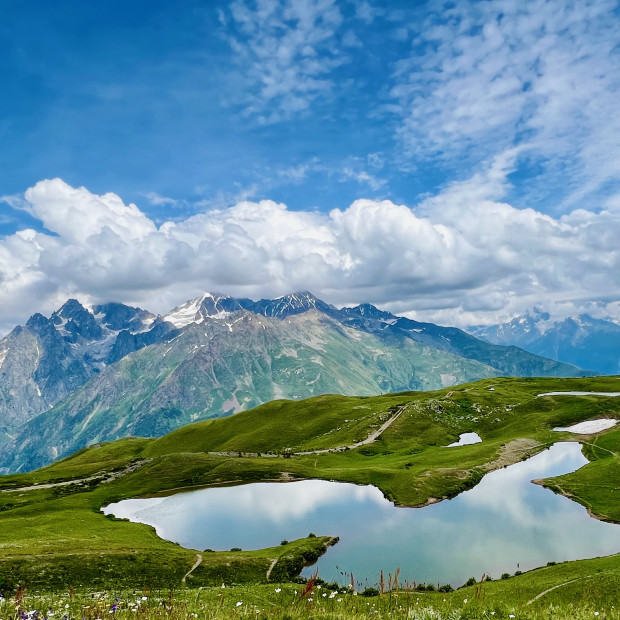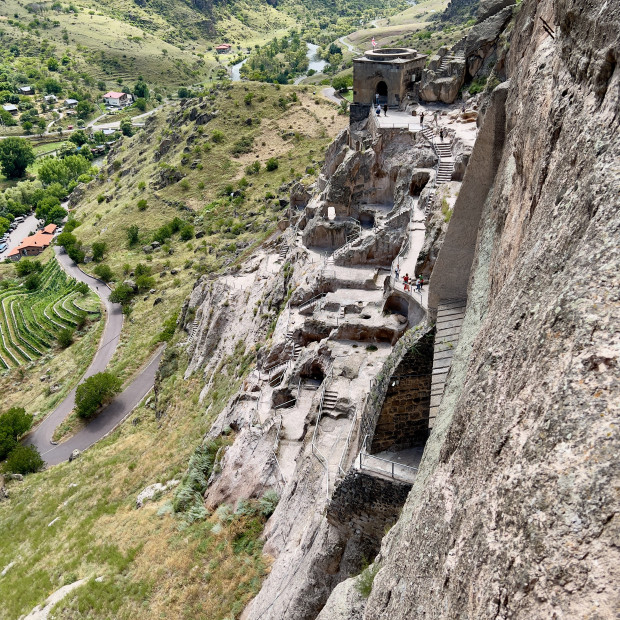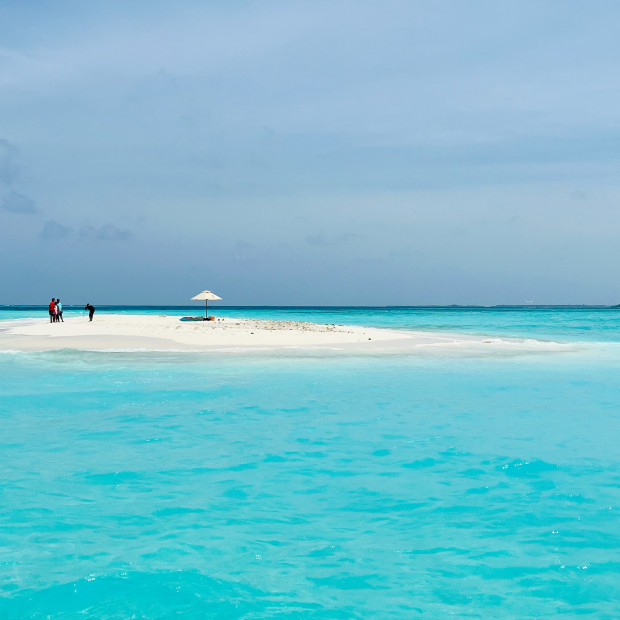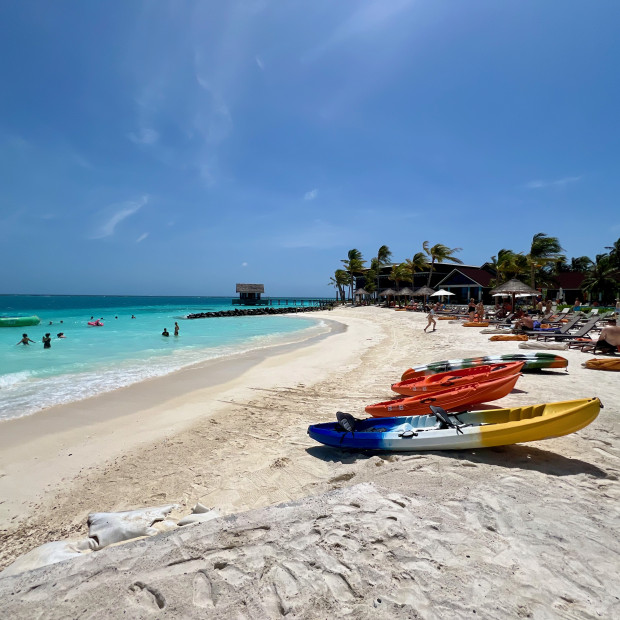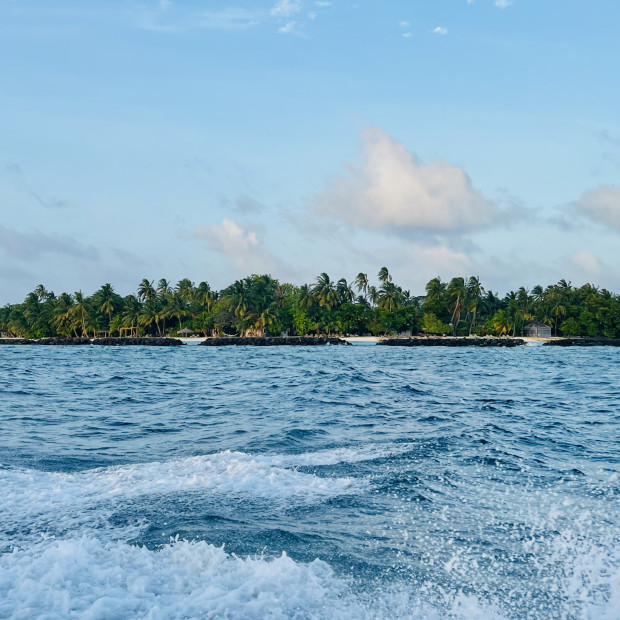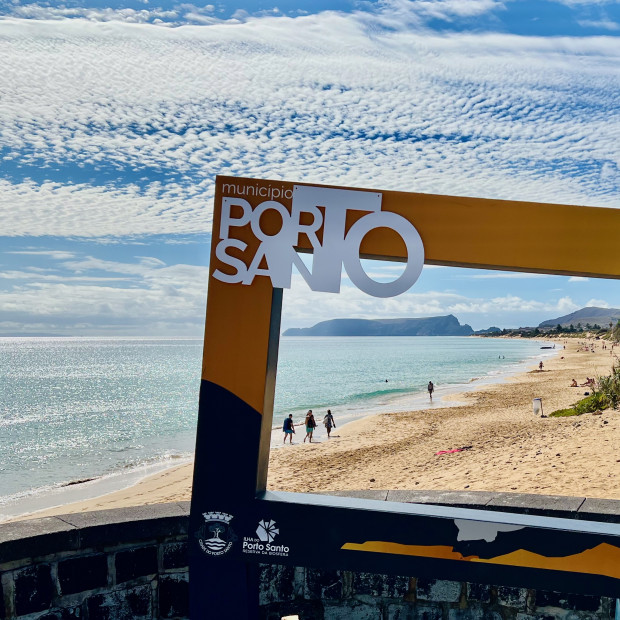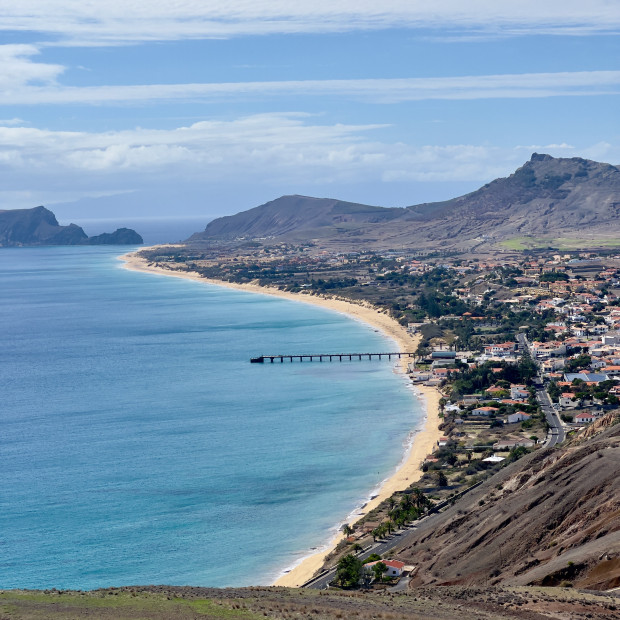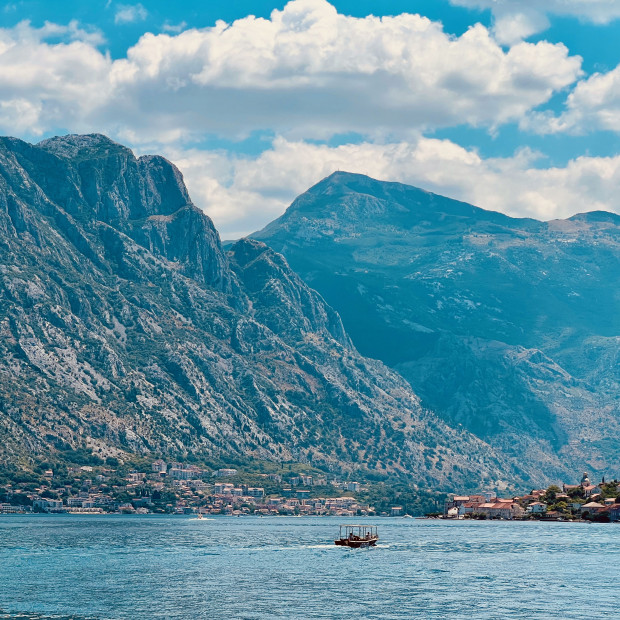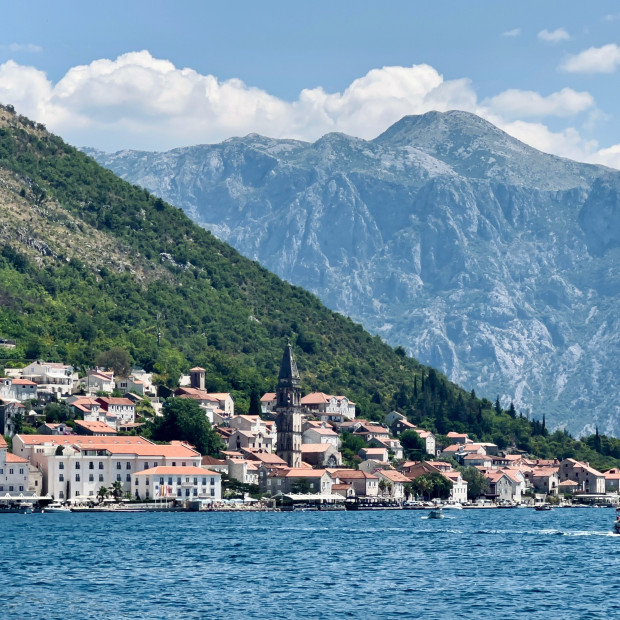About this place
Lake Butrint, situated near the ancient city of Butrint in southern Albania, is a remarkable coastal lagoon connected to the Ionian Sea by a narrow channel. Covering approximately 16 square kilometers, it is surrounded by lush wetlands, forests, and marshes. Lake Butrint is an integral part of the Butrint National Park, a UNESCO World Heritage Site that harmoniously combines natural and cultural heritage.
Within the lake's pristine waters thrives a significant population of Mediterranean mussels, scientifically known as Mytilus galloprovincialis. These mussels benefit from the lake's clean, nutrient-rich environment, making it a vital habitat for their growth and reproduction. Their presence is not only ecologically important but also deeply ingrained in local culinary traditions.
The culinary delight of Lake Butrint lies in its mussels. These mollusks are harvested and used in various traditional Albanian dishes, typically prepared with a handful of wholesome ingredients. One such beloved dish is "Midhje Tave," a delectable casserole featuring mussels, tomatoes, garlic, and locally sourced olive oil. The mussels' natural brininess, combined with the aromatic local herbs, creates a memorable and savory flavor.
Beyond its gastronomic significance, Lake Butrint plays a pivotal role in maintaining ecological equilibrium. Mussels are nature's filter feeders, efficiently purifying the lake's waters by extracting excess nutrients and particles. This filtration process helps sustain the lake's overall ecosystem health.
Lake Butrint's environmental importance extends to its role as a sanctuary for migratory birds. The pristine waters and abundant mussel population attract various bird species, making it a prime destination for birdwatchers and conservationists alike.
Preserving the delicate balance of Lake Butrint and its surroundings is a top priority. Within the protected confines of the Butrint National Park, conservation efforts are diligently carried out to safeguard the lake's unique biodiversity and natural allure. This ensures that future generations can continue to appreciate the stunning landscapes, diverse wildlife, and the opportunity to relish local dishes made with the lake's delightful mussels.
Lake Butrint, with its thriving mussel population and ecological significance, stands as a testament to the interconnectedness of nature and culture in the region. It offers a distinctive experience for those who seek to explore its natural wonders and savor its culinary treasures.


